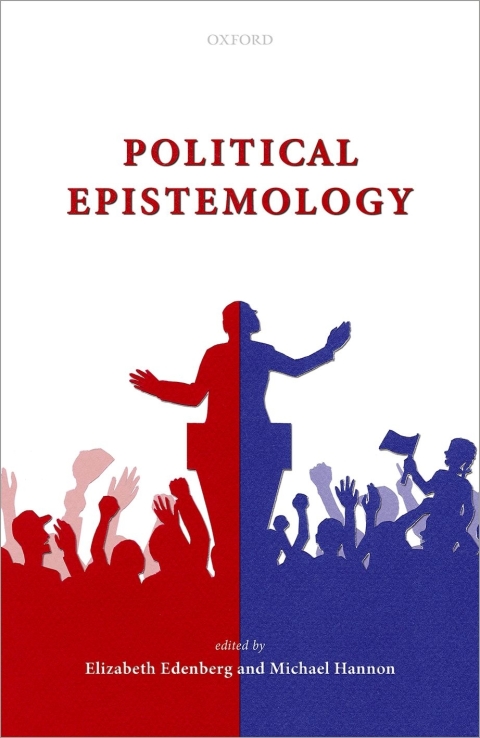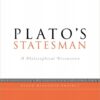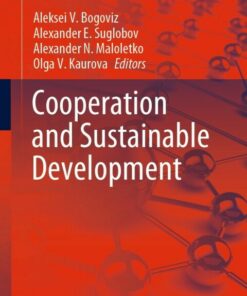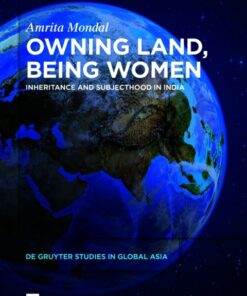Political EpistemologyThis collection explores one of the most rapidly growing area of philosophy: political epistemology. Epistemological issues are at the center of our political lives. It has become increasingly difficult to discern legitimate sources of evidence, misinformation spreads faster than ever, and the role of truth in politics has allegedly decayed in recent years. It is therefore no coincidence that political discourse is currently saturated with epistemic notions like ‘post-truth,’ ‘fake news,’ ‘truth decay,’ ‘echo chambers,’ and ‘alternative facts.’ Political Epistemology brings together leading philosophers to explore ways in which the analytic and conceptual tools of epistemology bear on political philosophy, and vice versa. It is organized around three broad themes: truth and knowledge in politics; epistemic problems for democracy; and disagreement and polarization. The contributors provide new and rich insights on topics such as: propaganda, fake news, weaponized skepticism, belief polarization, political disagreement, the epistemic value of democracy, voter ignorance, irrationality in politics, and identity politics. A premise underlying the development of political epistemology is that progress on certain foundational issues in both political philosophy and epistemology cannot be achieved without sharing insights across fields, beyond a certain point. This will be a foundational text for philosophers, political scientists, and political psychologists for years to come. ISBN: 9780192645371, 0192645374
Political Epistemology Ebook (hebook.shop)
$25.00
Author











